Why is it that some people seem to get over breakups really quickly, and others seem to dwell on them for ages? What turns a breakup into a heartbreak?
– Ryan
I often wonder what motivates Everyday Philosophy submissions. What made someone ask this question? Why turn to emailing a philosopher rather than Google? Why ask a person rather than AI? I like to assume that it’s because, sometimes, people like to be seen. They want to be thought about. We can debate until the electric sheep come home whether LLMs “think,” but I still believe it matters whether we’re talking with a human or not. It matters to people that I am a real person, sitting at a desk, looking out of a window, thinking about things.
Today, I’m thinking about Ryan. I’m thinking about heartbreak and what hidden biography lurks behind his question. Is Ryan an intellectually curious sort, looking in on heartbreak like some academic with a question? Or is he freshly heartbroken — lonely, lost, and reaching out? Either way, if you’re reading this, Ryan, know that I’ve given your mysterious, anonymous life a great deal of thought. And I hope that matters.
So, what to make of “heartbreak”? I think Ryan is right to say that some people can dump a partner and move on with the easy insouciance of someone changing clothes. Others, though, will fester and obsess, constantly playing back the relationship and breakup scenes to diagnose where things went wrong. So, to answer the question, I’ll offer two suggestions as to why some breakups become heartbreak. First, I’ll look at the ancient Greek word storgḗ and the role of the familiar in breakups. And, second, I will consider the idea of investment or effort — how heartbreak might be more about failure than love.
So, tender, vulnerable hearts on sleeves, everyone, we’re going in.
The old familiar
There are two problems with heartbreak — first, not everyone feels heartbreak in the same way. Like its cousin grief, heartbreak can manifest in any number of ways. It might be tears and ice cream, punching a wall, withdrawal and depression, or substance-abusing revelry. There’s no one way to “do” heartbreak. But it’s also complicated by the fact that there are many different types of heartbreak. In fact, there are as many heartbreaks as there are types of love.
Many languages and cultures differ in how they explore or represent love, but the ancient Greeks had one word that might be relevant here: storgḗ. Storgḗ is often translated as parental love, but it’s better understood as the “love of the familiar.” You feel storgḗ for someone who is a near-constant presence in your life. They are part of who you are — not only have they been there for years and years, but you can no longer imagine life without them. Yes, parents and siblings often feel this, but so can a long-married couple or a decades-old friendship.
Many deeper and more enduring forms of heartbreak are born from storgḗ. A widower sitting alone, having once shared her sofa with her husband for 25 years, does not simply miss her husband. She misses a part of her life. The heartbreak of storgḗ is a kind of grief or loss, not simply of a person, but of yourself. When you wrench away someone who has been a constant in your life, you are not only left with a heart-aching hole; you’re left reeling. You feel disoriented and disintegrated. A past you is gone, and what is left? Well, heartbreak is the painful process of working that out.
I tried my best
This might be too dramatic. There are a great many emotional and existential kinds of heartbreak that don’t involve tragic bereavement or storgḗ-type disintegration. You can be heartbroken after a relationship of only a few months. You can be heartbroken after losing a friend of only a few weeks. What’s going on here?
In philosophy, a “master narrative” is a kind of script that accompanies almost all of our social roles and behaviors. So, being a parent involves a certain script — you have to behave, talk, and even feel a certain way. A student, a waitress, a soldier, a vicar, a friend, and a lover can all embody these narratives. There is great tidal pressure to conform to these “master narratives,” and in relationships, one of the cardinal rules — arguably, the first and most important rule — is not to break up. The upshot is that if you do break up, you have failed. Not only did you fail to keep the relationship together — a person might obsess over all the things they could have done better — but you failed to obey the social script.
This problem multiplies when you zoom out a bit more. Because there is also a master narrative of how we should live our entire lives. Reading this, you probably have internalized some idea of what a “good” or “full” life looks like. For me growing up as a millennial in the UK, that narrative is education, job, marriage, children, house, retirement, and death. You can shuffle it about a bit, and get creative in the middle bits, but that’s basically it. So if you fail at a relationship, you not only fail at the relationship level, you fail at life — which is exactly the kind of harsh, self-loathing narrative that often defines the heartbroken experience.
Healing the heart
The more you know, the better you can act. If you can isolate why heartbreak happens, you can better cope with or break through it. Let’s assume Ryan is heartbroken — either through a storgḗ-type disintegration or that feeling of failure — how can he cope?
Well, the one piece of advice that addresses both “kinds” of heartbreak is the fact that you will come through. There is still a future to live, a path to walk, and a version of Ryan that survives this. In a month or a year, or however long it takes, there will be a Ryan looking back on this period as a metamorphosis. Our widower on her sofa will learn to live life without her husband — it will be different, but it will carry on. And the Ryan who failed at love once, twice, or 100 times, can carry on loving until he finds the right one. Or, he won’t find the right one. And that’s okay — because as the French existentialists knew, the “master narrative” is not written by you; it’s an imposition. It’s forced on you.
And if the story of your life is told a different way, well, so be it. It’s not a failure. It’s not a broken life. It’s the way you lived — and, at the end of a life, that’s all anyone can say anyway.
This article Everyday Philosophy: Why does heartbreak hurt? is featured on Big Think.

The post “Everyday Philosophy: Why does heartbreak hurt?” by Jonny Thomson was published on 11/01/2024 by bigthink.com





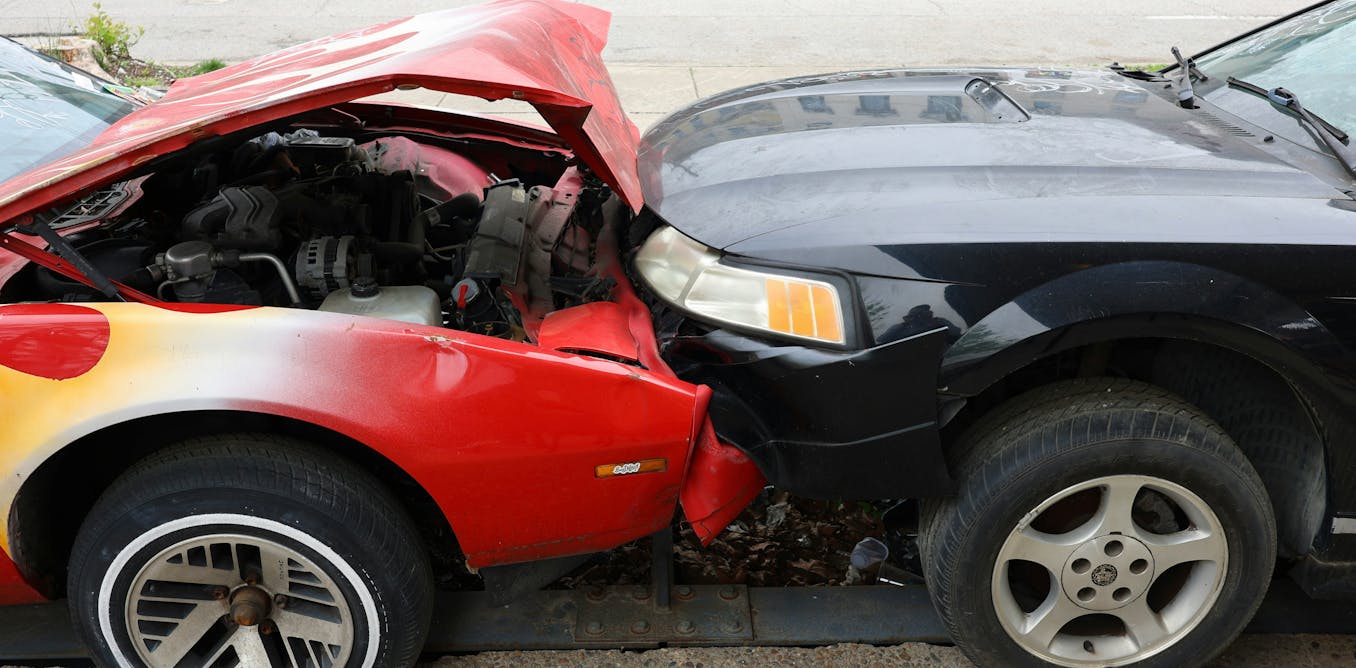

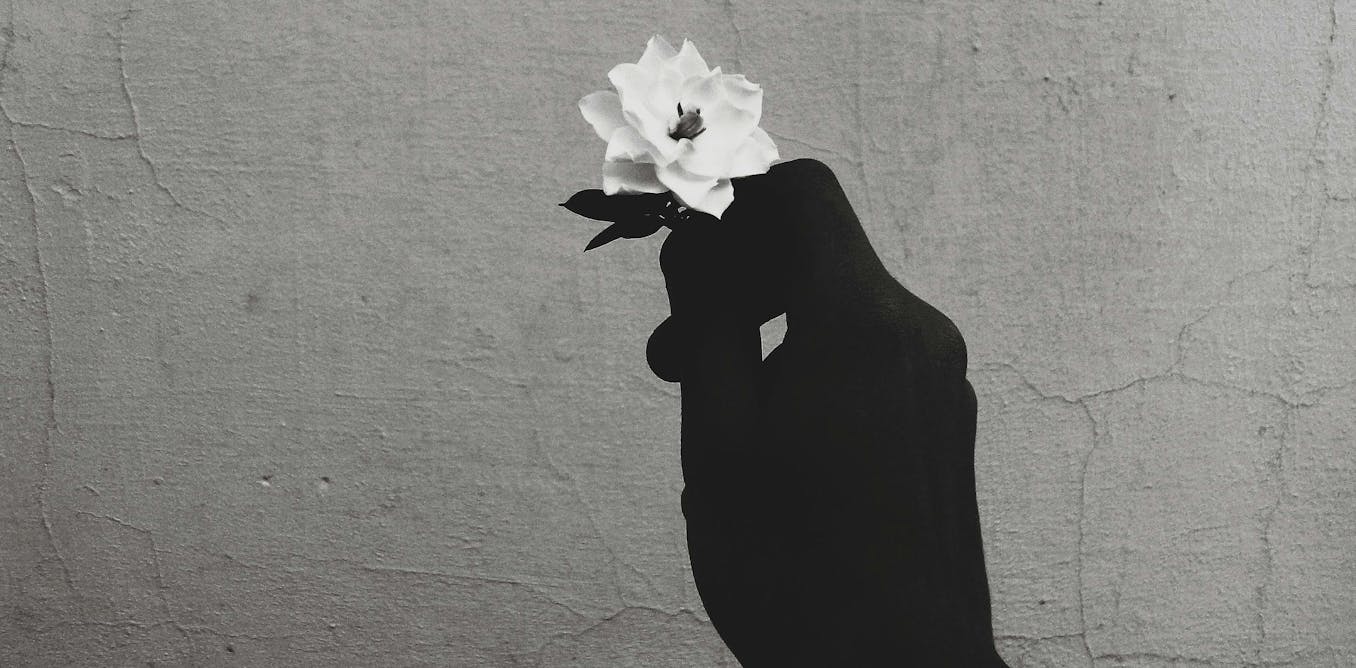











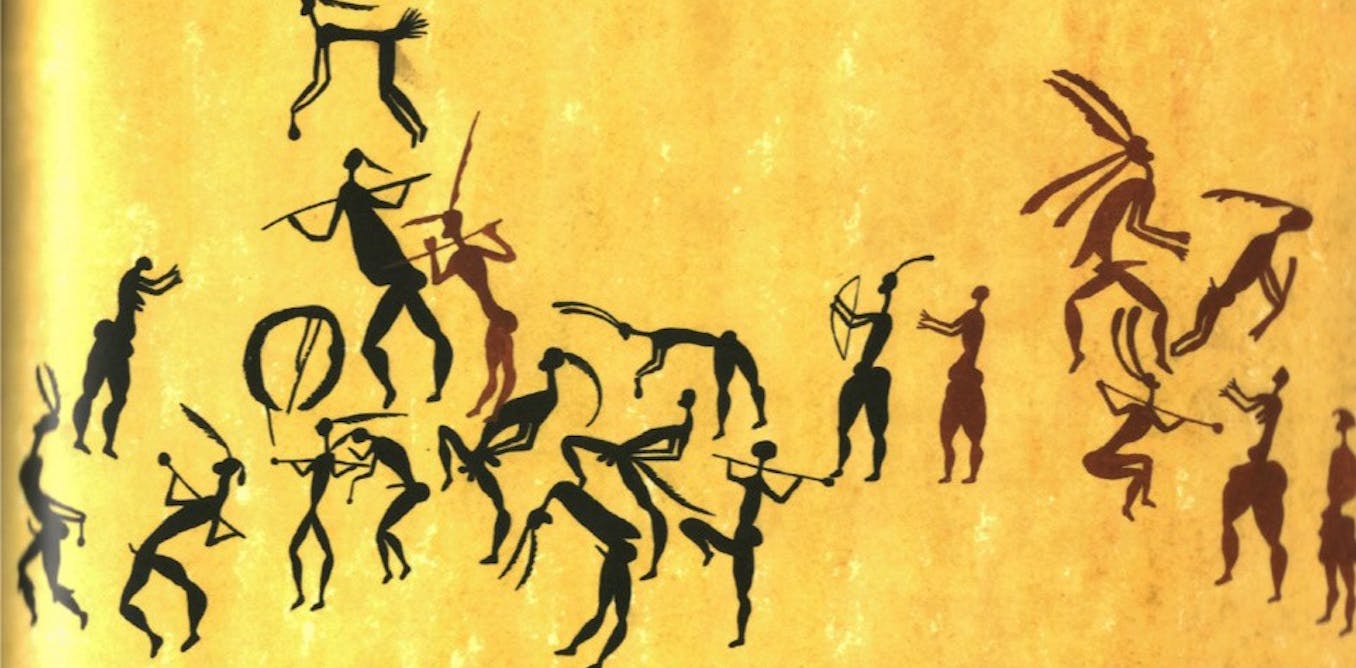




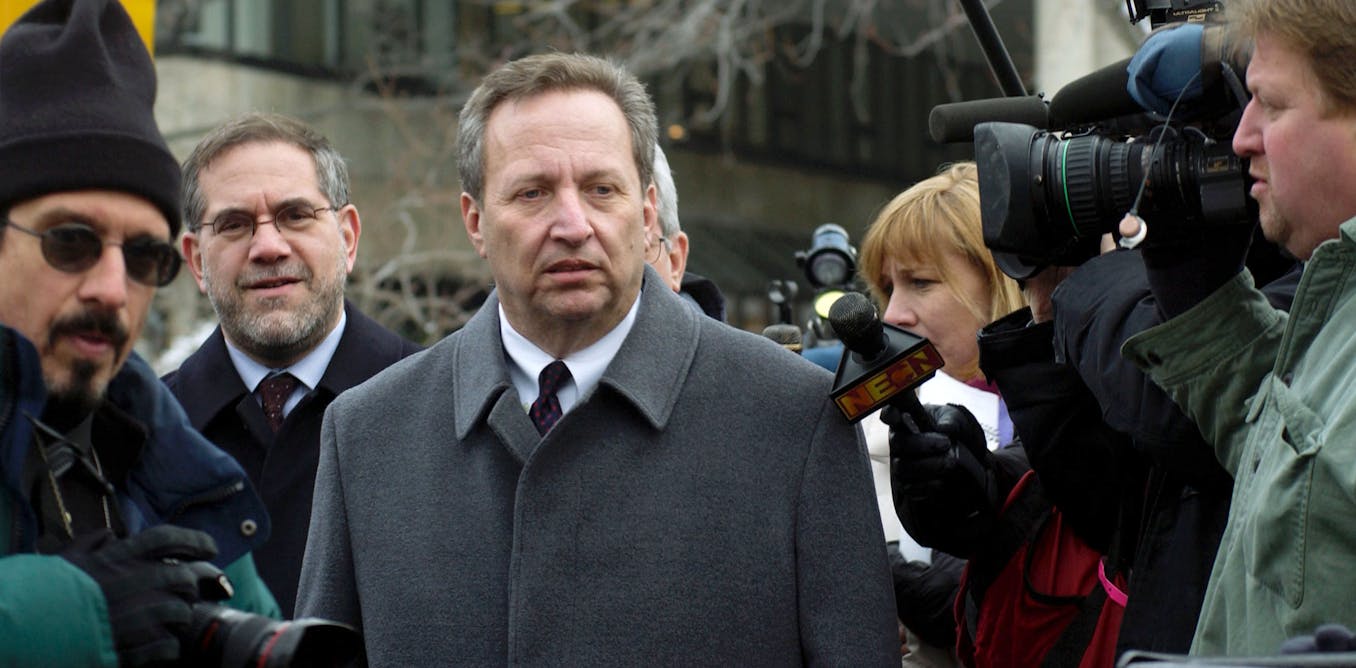






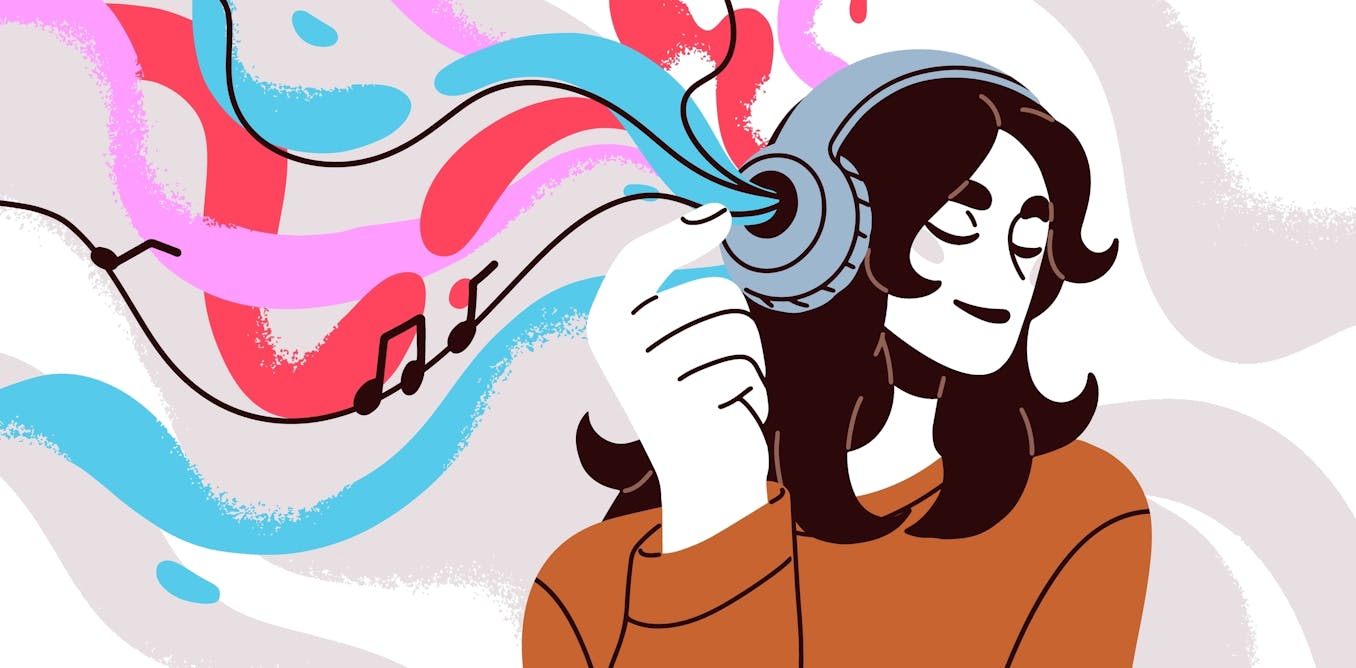






Leave a Reply